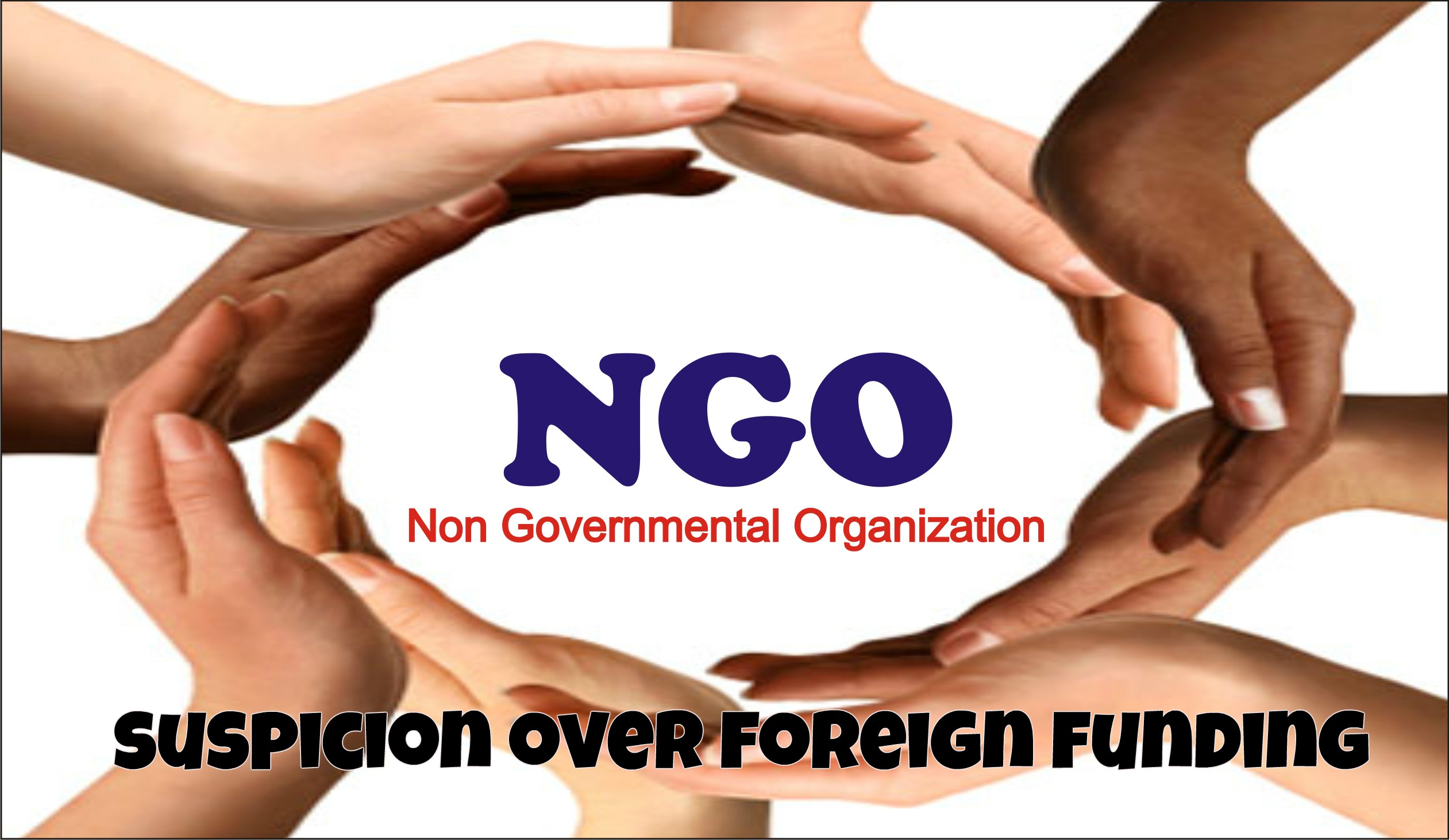

By Sunil Garodia
First publised on 2020-09-25 08:26:16
What is the government trying to do to the NGO sector? It is a sector that provides employment to a huge number of people, fills the gaps in places where government helps does not reach and through the work of individual NGOs in the field provides invaluable feedback for policy formation and legislation. If there is one sector that works for the people on the margins of society, it is the NGO sector. Granted that in doing so, many NGOs take up causes that pit them directly against the government. Hence, they are seen as hindrances and considered an "anti-national industry". But that does not mean that the government will put so many new restrictions on the sector that it will become difficult for many of them to survive. There is no doubt that some shady NGOs have also cropped up and are working behind a veil of secrecy. When such NGOs receive foreign funds of dubious origins, it becomes dangerous. The government says it wants to bring transparency in the working of NGOs. That is fine and required, but the restrictions cannot be so stifling and pervasive that they threaten the very existence of even genuine NGOs.
The proposed amendments to the Foreign Contribution (Regulation) Act (FCRA) look like an act of vengeance on part of a government that eyes the NGOs who receive foreign funding with suspicion. At the outset, it must be recognized that if the money is coming from foreign sources, the government needs to monitor the same strictly since much of the funding in many NGOs comes from dubious sources. But in doing so, the government is forgetting that for a huge amount of funding comes from genuine sources and is used to provide succor to a large number of marginalized people in the country. Hence, to put restrictions on, say, funds received from the Bill & Melinda Gates Foundation at par with those received from a not so famous (or dubious) donor is not correct. It is true that the government cannot discriminate and has to legislate for all funds, but a way must be found to separate the wheat from the chaff.
Basically, the amendments will now cap the administrative
expenses of NGOs at 20 per cent of the foreign donations they receive, require
them to have an account with the State Bank of India, prohibit them from transferring
grants received under FCRA to any other non-profit organization, give sweeping
powers to the Ministry of Home Affairs to cancel the FCRA certificate of an NGO
and mandate that if an NGO surrenders its FCRA registration, all its assets
will be forfeited by the government. Not all these amendments are designed to
bring transparency in the working of the NGOs that receive foreign grants. The
work that some of the NGOs are doing is extremely important in a country like
India and instead of choking them with these amendments, other ways must be
found to monitor their activities and the use of funds they receive from
foreign donors.
Picture: courtesy crossbarriers.org, modified by us











